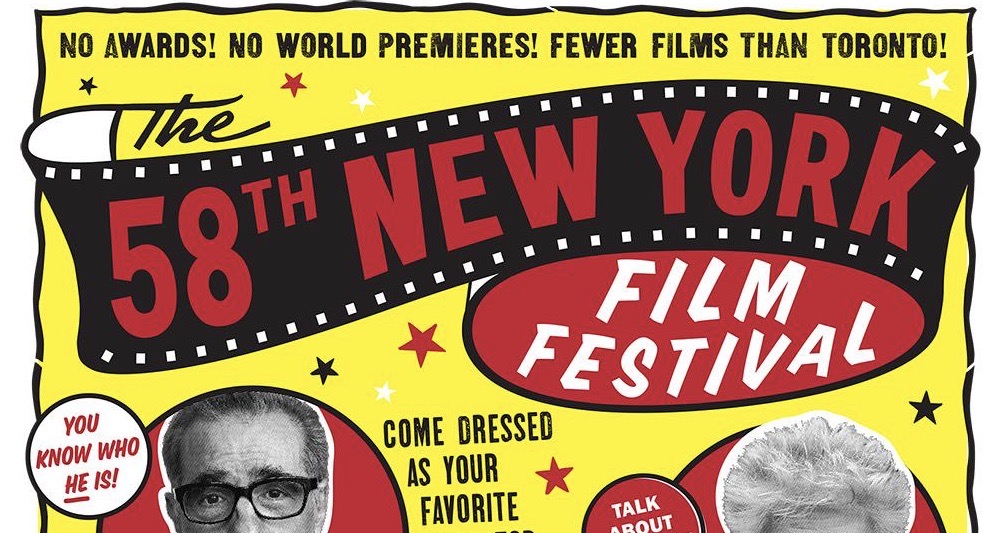I am overjoyed the NY Film Festival persevered this year, despite the odds. And they did so with their usual intelligence and humor (the festival poster by John Waters was a great, funny touch). Their film choices were even more diverse and international than ever. Having come to this festival since the 70s, it represents everything exciting about fall for me. And the dizzying array of amazing films from across the globe that dare to shed light on serious issues, or just blast your brain with their originality and daring. Although I’m not sure how “social distancing” would have worked years ago when a nun spit at me for entering the theater to see Jean-Luc Godard’s Hail Mary. (They had bussed in all these religious protesters to the NY Film Festival and I kept thinking that if any of them had peeked into the theater for 10 minutes they would have left scratching their heads). So, here’s what I’ve seen so far:
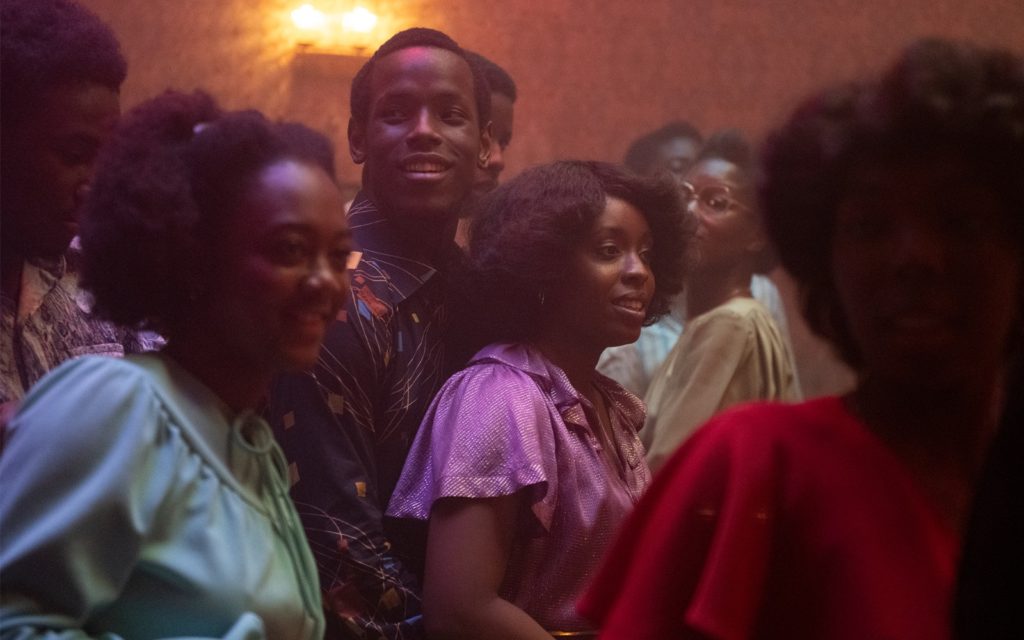
Lovers Rock. 1st part of a 5-part mini-series “Small Axe,” by Steve McQueen centers around a house party in the West Indian section of London in the 1980s.The observational moments are evocative and thrilling to watch. The women singing and cooking in the kitchen. the DJ spinning reggae tunes while the crowd rocks and slow-dances to the music. The flirtations; the fights; the flashy clothes. The preening males; the giggling girlfriends. It’s joyful, sexy, exhilarating. Cinematographer Shabier Kirchner glides around the house, and especially the dance floor, catching every ecstatic gyration with hypnotic grace. A spirited dance to “Kung Fu Fighting” becomes a call to arms. There are flashes of the outside world and the racism waiting there, but within these walls, tonight- everybody dances. A rapturous, beautiful film.
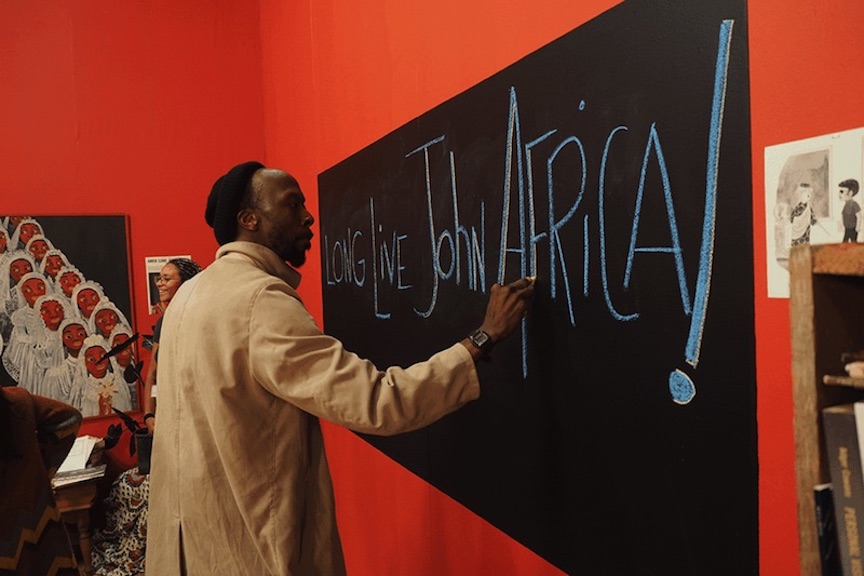
The Inheritance. A young Black man in Philadelphia uses the inheritance of his grandmother’s house to open a Black cultural center. There’s a poster of Jean-Luc Godard’s political film La Chinoise on the wall, and director Ephraim Asili utilizes similar bold colors like green, red and orange on the walls as backdrops. Blackboards reverberate with quotations from poets, authors and revolutionaries. Characters face the camera and discus politics and African history. There’s a talk about John Africa and the Black organization MOVE. This feels like dropping in and out of random lectures and spirited discussions without Godard’s playful sense of cinematic audaciousness.
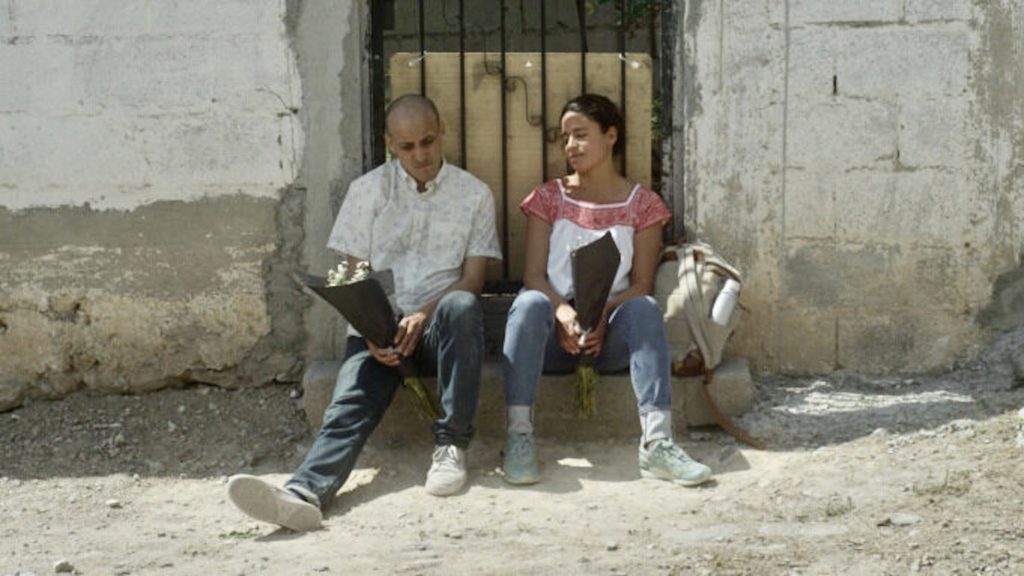
Fauna. Nicolas Pereda’s absurdist but unsatisfying movie is split into two distinctive parts. The first is a young woman and her actor boyfriend visiting her parents in Mexico. Her brother shows up and there are wry, funny moments like when the boyfriend is asked to reenact a scene in front of them at a bar. And then repeat it. The next morning the sister asks her brother about the book he is reading and we are suddenly re-enacting the film noir-ish novel with the same cast playing different roles.
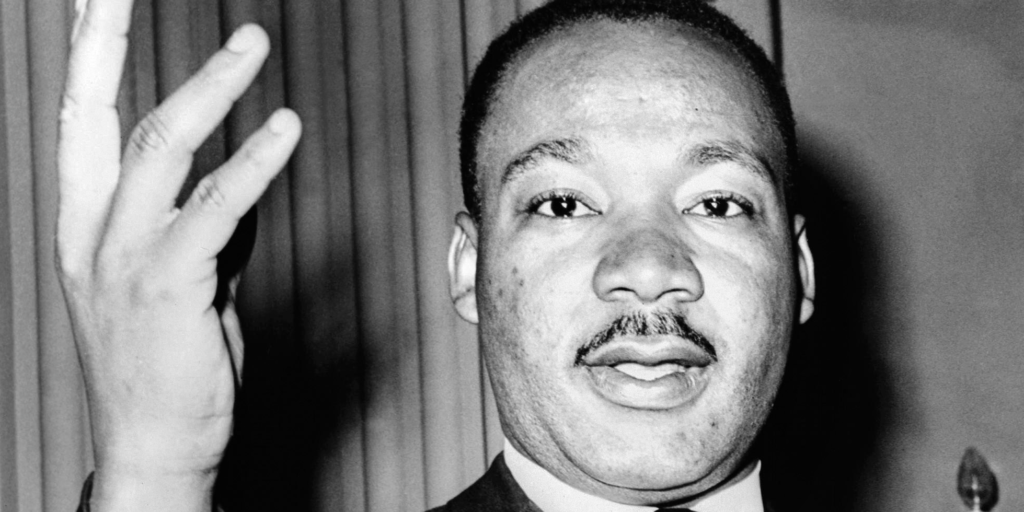
MLK/FBI. Remarkable and important documentary by Sam Pollard about the concentrated effort by J. Edgar Hoover and the FBI to use surveillance and wiretapping in order to destroy Reverend Martin Luther King. Hoover was originally concerned that Communists were behind King’s non-violent fight for Civil Rights. But when he discovered that King had extra-marital affairs he decided to bug hotel rooms and follow him relentlessly, compiling all this salacious material to discredit him. KIng’s win of the Nobel Prize and the successful March on Washington only inflamed the FBI’s fear of his far-reaching influence. The film beautiful blends archival footage with expert testimony to reveal another dark chapter in America’s shameful war to undermine Blacks in America.
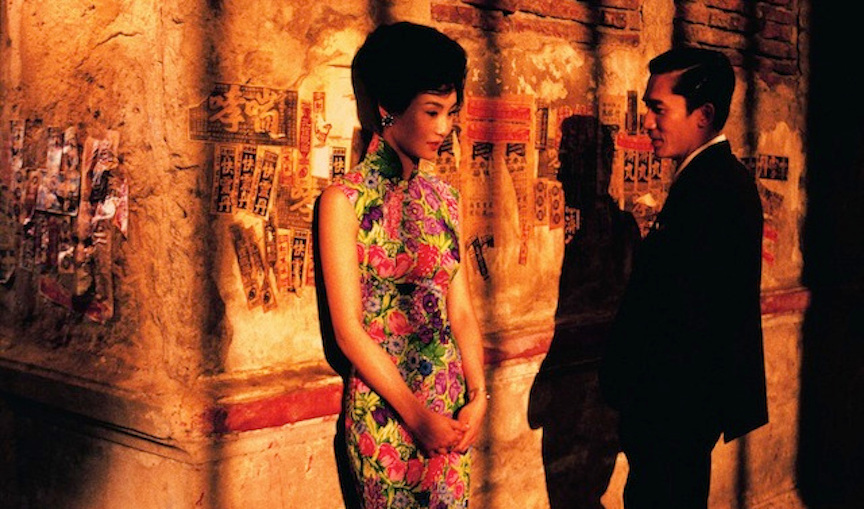
Spotlight Film: a restoration of In The Mood For Love (2000). A sense of melancholy courses through this unforgettable film by Wong Kar-wai about a doomed romance set in Hong Kong in 1962. Two neighbors, Chow (Tony Leung Chiu-wai) and Li-zhen (Maggie Cheung) discover their spouses are having an affair. Both are devastated and seek each other’s company for comfort. Their feelings for each other deepen but they refuse to succumb and “be just like them”. Wong Kar-wai never tells a story in any normal way- Chungking Express; Fallen Angels and Happy Together couldn’t be more different stylistically. Here the camerawork by Christopher Doyle is playful and a bit formal, with slight shifts to slow-motion, and a string composition by Michael Galasso and songs by Nat King Cole swelling up on the soundtrack from time to time. It’s difficult to describe how romantic, mysterious and gorgeous it is.
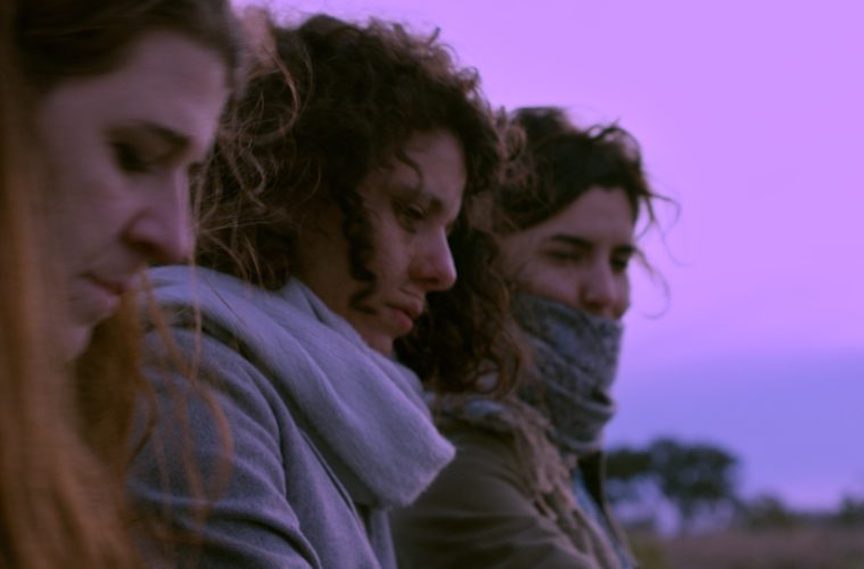
Isabella. Argentine director Matias Pineiro’s takes a fractured approach by slipping back and forth in time to loop back to two women auditioning for Shakespeare’s Measure for Measure. Mariel (Maria Villar) is pregnant during the audition. Before she reads a scene from the play she first has to do a monologue about her brother (her brother works on the production, and she is forever borrowing money from him). Mariel orchestrates bumping into her brother’s girlfriend Luciana (Agustina Munoz), a more accomplished actress, who is also vying for the same role. Luciana goes out of her way to coach Mariel for the role- they hike up to the hills, collect stones and rehearse. There’s also an art installation Mariel is working on, and much talk about throwing twelve stones of doubt into the river in order to make a life decision. I found the film incredibly frustrating and unnecessarily obtuse.
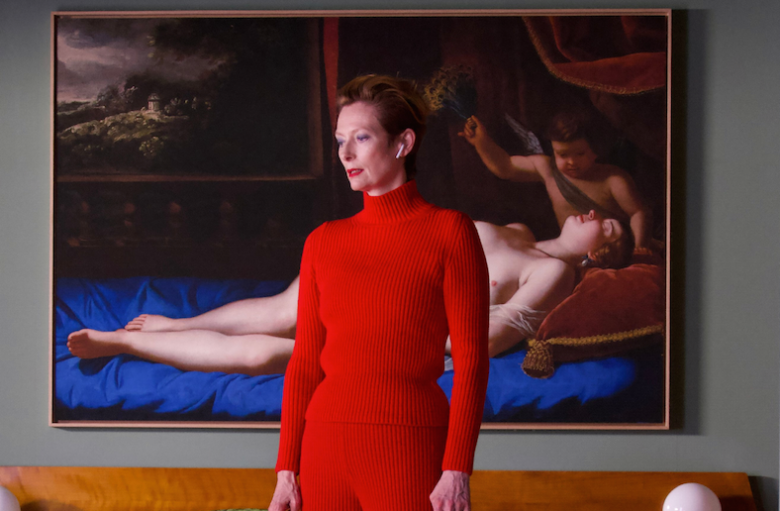
The Human Voice. A thrilling 30-minute English-language film by Pedro Almodovar, loosely adapted from the Jean Cocteau play, and starring a luminous Tilda Swinton as an actress tormented over the break-up with her boyfriend. After an incredibly clever credit sequence, we see Tilda at a hardware store buying an axe. She returns to her apartment (which is an obvious self-contained set in the middle of a cavernous sound stage) and takes the axe to her lover’s suit laid out on her bed. Her dog wanders around, miserable, frantically sniffing for him. Tilda spends a great deal of time talking to her ex on the phone (by way of AirBuds) where she unburdens her soul over the end of their four-year-affair. Tilda is just extraordinary, as is the astounding, color-drenched art direction of the apartment. Almodovar has approached this material before in his films, but this half-hour experiment is a stunning triumph.
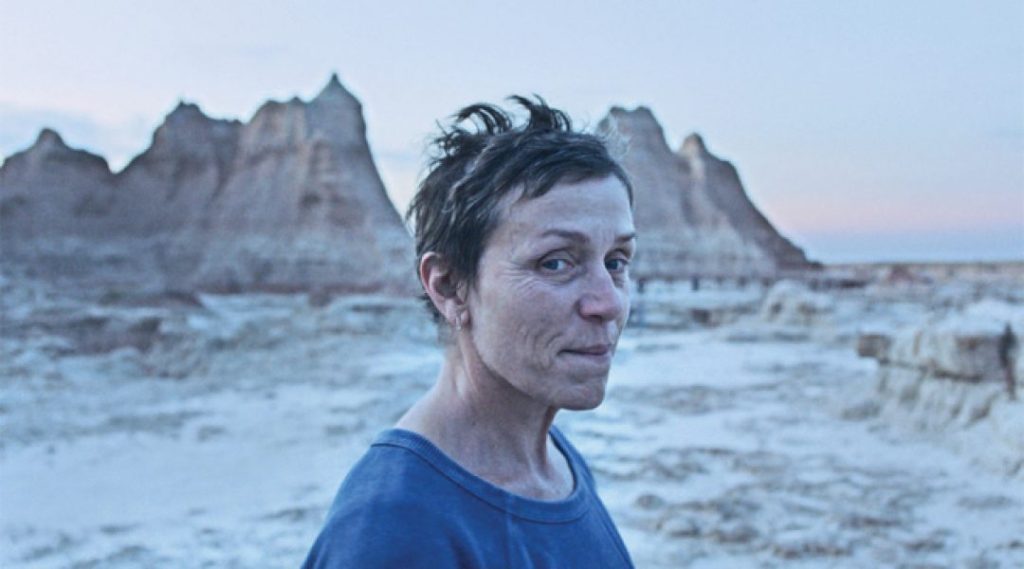
Nomadland. Unbelievably moving film by Chloe Zhao (The Rider) about the disenfranchised older Americans who live their lives on the road. Frances McDormand is extraordinary as Fern, a woman in her 60s, whose husband and hometown have died and who hits the road living in a white van, catching jobs when she can and interacting with all the other rootless souls she meets along the way. There are incredibly poignantly encounters. She meets a woman heading to Alaska who has been told she has months to live. There’s a co-worker at Amazon who encourages Fern to come to a big RV motivational get-together in Arizona. Fern re-unites with her sister when her van breaks down, and her sister talks about what a hole Fern has left in her life by not being around all these years. There’s also a kind man she keeps running into on the highway who takes a shine to her (played beautifully by David Strathairn). What’s so great about McDormand is her strength, her humanity and her vulnerability. And there are scenes among the redwoods and desert that make you understand the allure of living free among nature. But there is also the loneliness and regret too. A bittersweet portrait of the new pioneers, whose creed is, “see you down the road.”
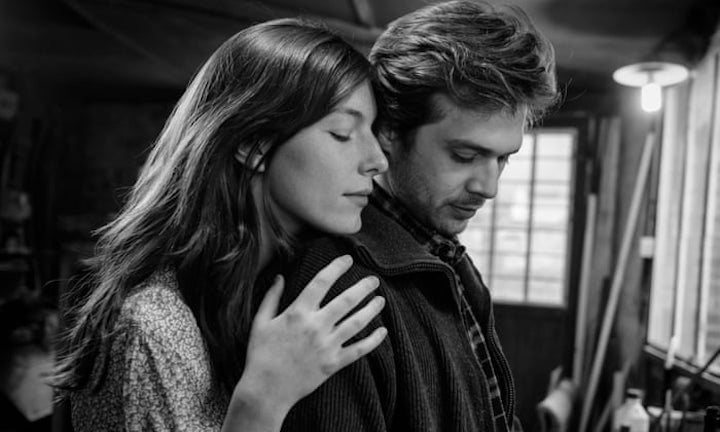
The Salt Of Tears. This black & white film by Philippe Garrel is a tale of a young, self-absorbed, would-be cabinet maker and the women in his life. Luc (Logann Antuofermo) lives and works with his father (Andre Wilms) and tries out for a position at a well-revered carpentry school in Paris. When he goes to Paris for the entrance exam he meets a sweet girl at a bus stop named Djemila (Oulaya Amamra) and romances her. But when he returns home he runs into an old high-school sweetheart- Genevieve (Louise Chevillotte) and forgets all about Djemila. Luc gets accepted at the school and casually abandons Genevieve too. He finally meets his match with a pretty nurse named Betsy (Souheila Yacoub). They end up living in a flat with another man- Paco (Martin Mesnier), who Betsy sleeps with from time to time. Sure, Luc is a cad (or “Le Cad”), but he’s not a monster, and he does get his comeuppance. That being said, there just isn’t much to all this.
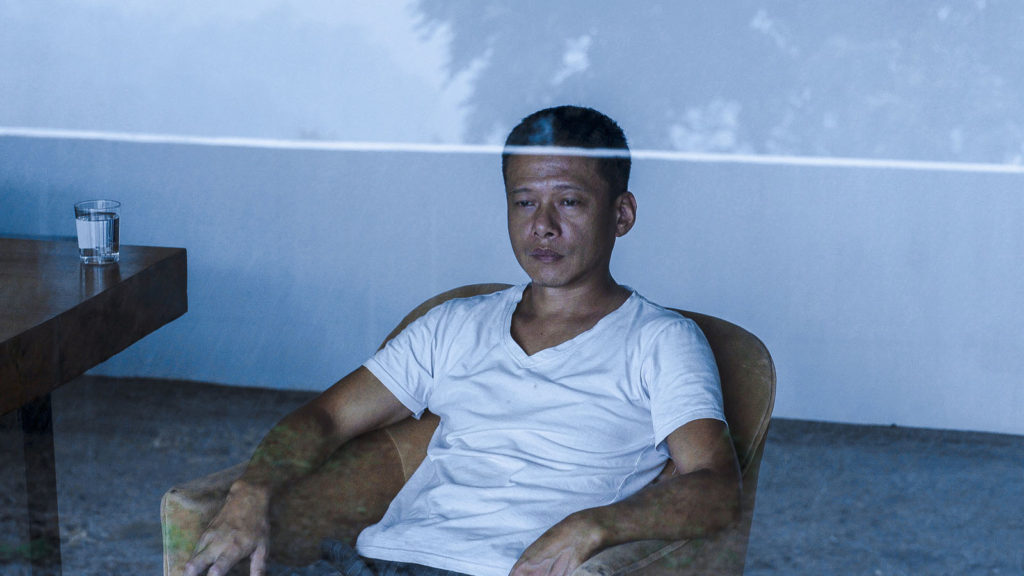
Days. I knew I was in trouble when the pre-credit announcement for this Taiwanese film directed by Tsai Ming-liang stated it was, “intentionally unsubtitled.” Then there’s a static shot of a middle-aged man- Kang (Lee Kang-sheng) sitting looking out his window at his garden during a rain storm. That goes on for 7 minutes. Then we watch Kang praying, washing lettuce, traveling into the city for some heavy-duty acupuncture on his back. What is this- Jeanne Dielman? Then Kang goes to a massage parlor and lays face-down nude on a bed. A young man- Non (Anong Houngheuangsy) strips down, gets out the baby oil and proceeds to give him a deep-tissue massage which goes on for 12 minutes before Kang flips over. Yes, it does get sexual, but there was no “happy ending” for me after enduring almost 20 minutes of this. Afterwards Kang gives the young man a music box and we get to experience the joy of watching Kang sleeping back at his house. Never was a title more appropriate because that’s how long it felt like it took to watch this movie.

